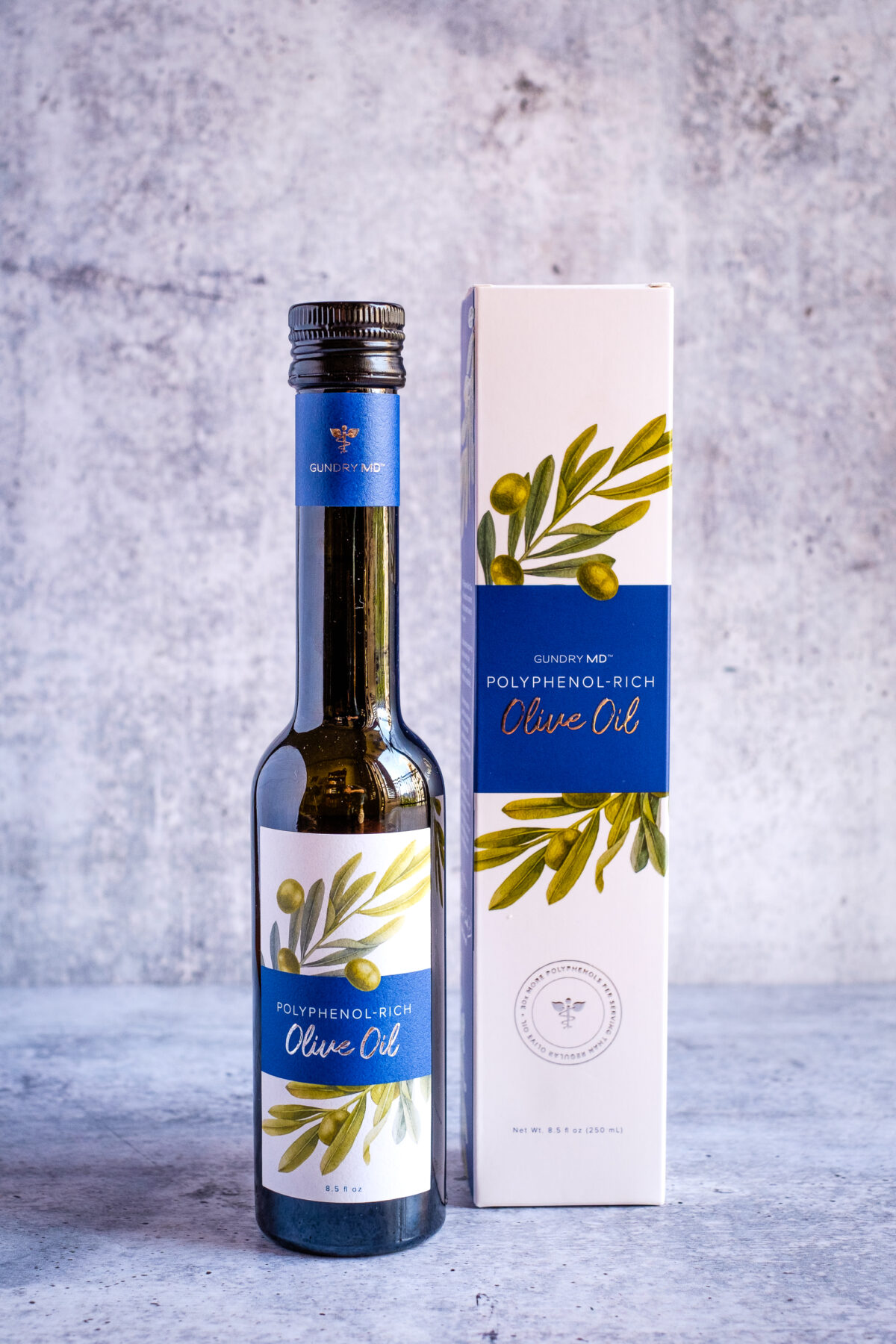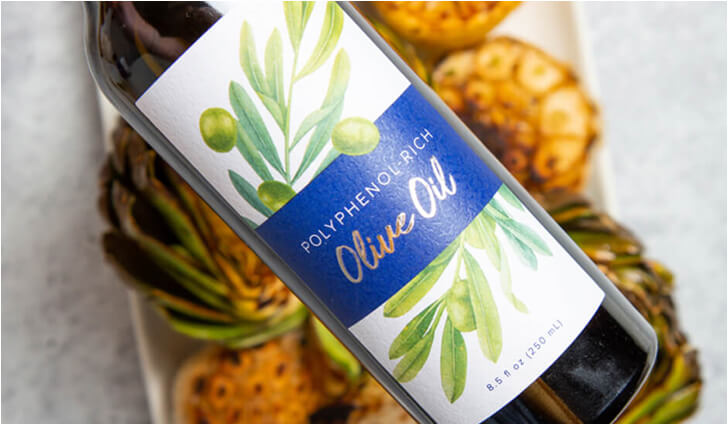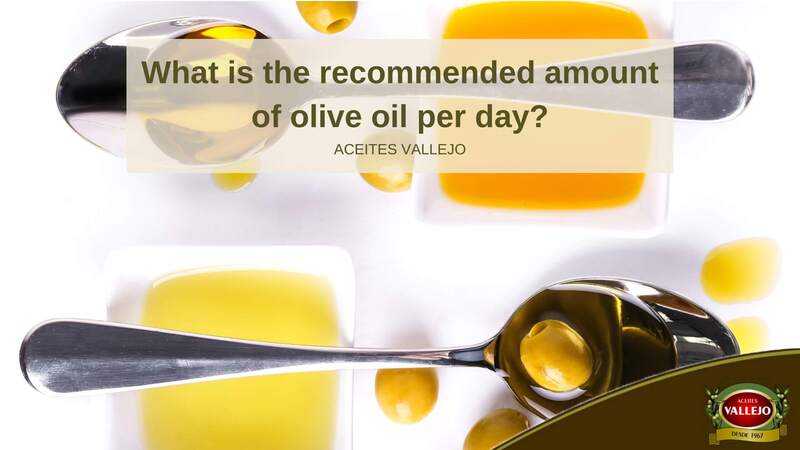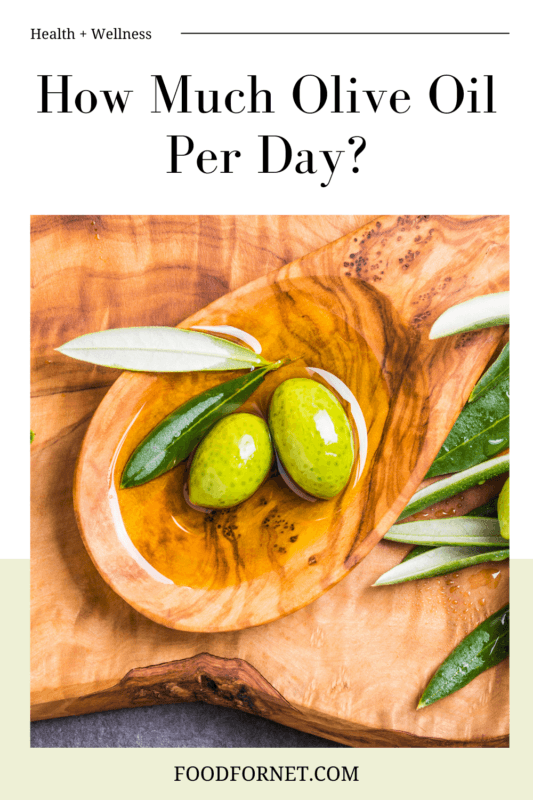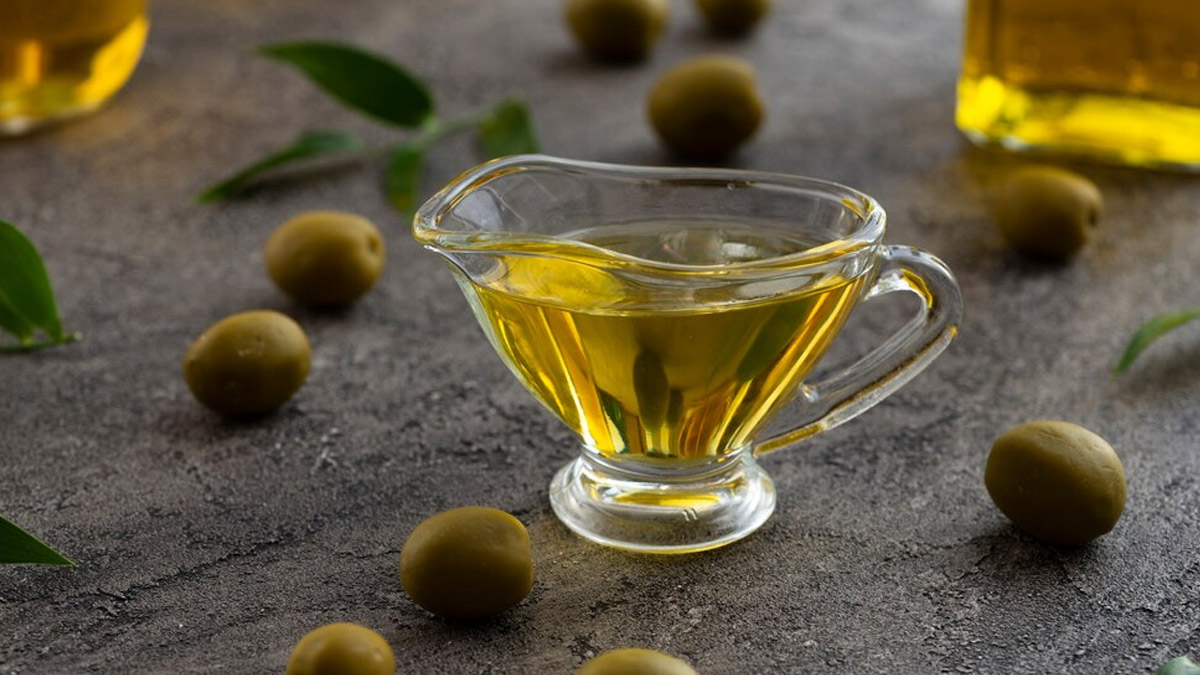How Much Olive Oil Per Day Does Dr Gundry Recommend
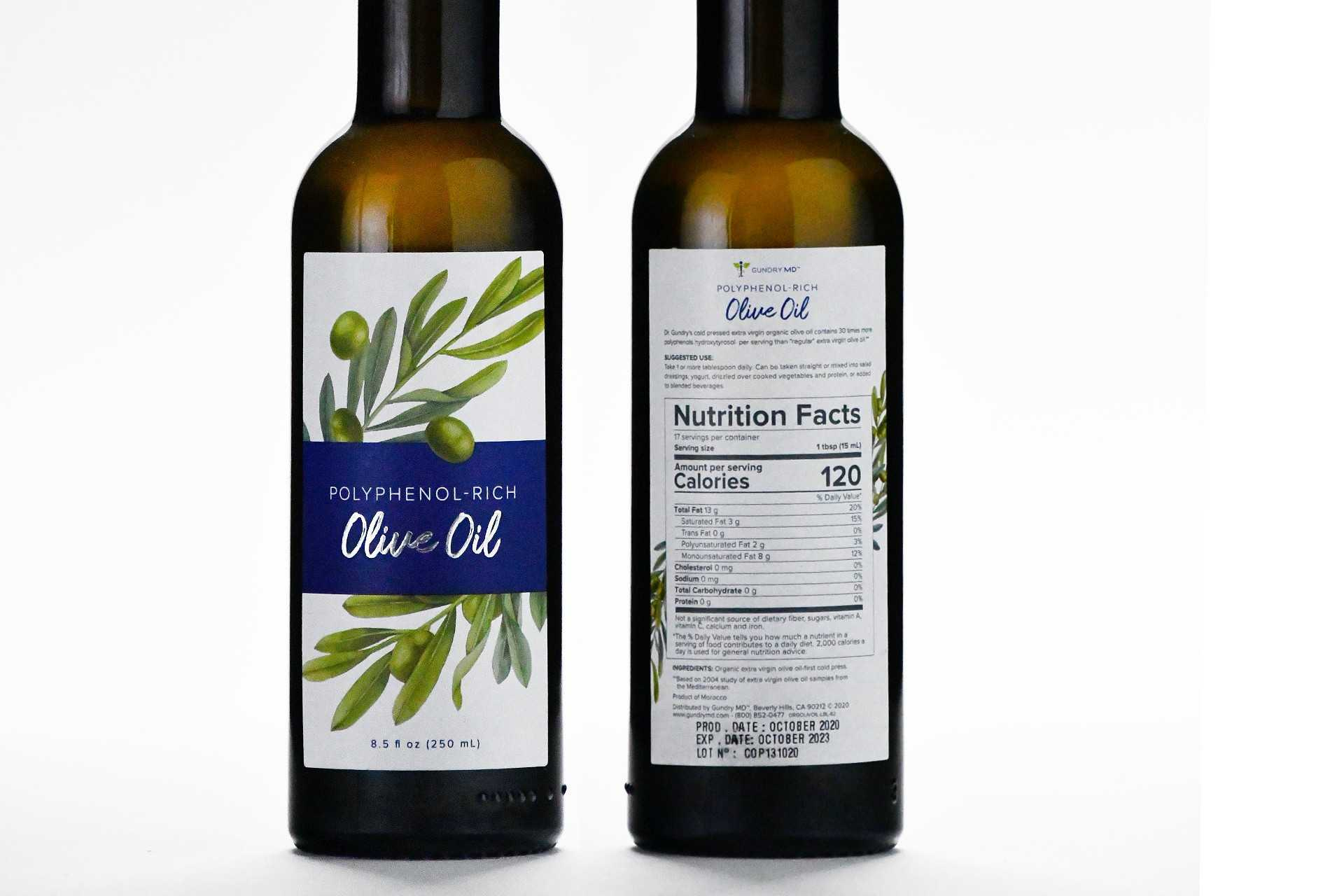
Extra virgin olive oil, a staple in the Mediterranean diet, has long been touted for its health benefits. Among its proponents is Dr. Steven Gundry, a physician and author known for his dietary recommendations focused on lectin avoidance and gut health. This article examines Dr. Gundry's specific recommendations regarding olive oil consumption, separating fact from common misconceptions surrounding his dietary advice.
Dr. Gundry's promotion of olive oil consumption centers around its polyphenol content, which he believes contributes to a healthy gut microbiome and overall well-being. However, pinpointing a precise daily dosage recommendation from Dr. Gundry requires navigating the nuances of his various publications and online content.
Deciphering Dr. Gundry's Olive Oil Recommendations
While Dr. Gundry doesn't explicitly state a single, universal daily amount of olive oil, his writings suggest a range based on individual needs and preferences. He frequently advocates for incorporating olive oil liberally into one's diet, particularly as a replacement for less healthy fats.
Information gleaned from Dr. Gundry's website and books like "The Plant Paradox" suggests that consuming at least 2-4 tablespoons (30-60 ml) of high-quality extra virgin olive oil per day is a beneficial target for many individuals. This range, however, is not presented as a rigid prescription.
Key Considerations in Dr. Gundry's Approach
The emphasis on quality is a recurring theme in Dr. Gundry's advice. He stresses the importance of using extra virgin olive oil, characterized by its low acidity and rich polyphenol content.
Dr. Gundry cautions against using refined olive oils, as the refining process can strip away beneficial compounds. He often recommends looking for oils that are cold-pressed and stored in dark glass bottles to preserve their quality.
Beyond quantity, Dr. Gundry highlights the role of olive oil in a broader dietary context. He advocates for using it as part of a diet rich in plant-based foods and low in lectins, aligning with the principles of his Plant Paradox program.
Scientific Support for Olive Oil Consumption
Dr. Gundry's emphasis on olive oil aligns with a substantial body of scientific research highlighting its potential health benefits. Studies have linked olive oil consumption to reduced risk of heart disease, stroke, and certain types of cancer.
The polyphenols in olive oil are believed to play a significant role in these health benefits, acting as antioxidants and anti-inflammatory agents. These compounds can help protect cells from damage and promote overall well-being.
However, it's important to note that much of the research on olive oil focuses on its role within the context of the Mediterranean diet. This dietary pattern emphasizes whole, unprocessed foods, which may contribute to the observed benefits.
Potential Impact and Considerations
The widespread adoption of Dr. Gundry's olive oil recommendations could have several potential impacts. A shift towards increased consumption of high-quality extra virgin olive oil could promote better heart health and reduce the risk of chronic diseases.
However, it's crucial to acknowledge that olive oil is calorie-dense, and excessive consumption could contribute to weight gain. Individuals should incorporate it into their diets mindfully, balancing it with other healthy foods.
Moreover, the cost of high-quality extra virgin olive oil can be a barrier for some consumers. Access to affordable, healthy fats is an important consideration in promoting widespread dietary improvements.
Conclusion
Dr. Steven Gundry encourages a generous intake of extra virgin olive oil, typically around 2-4 tablespoons daily, as part of his broader dietary recommendations centered on gut health and lectin avoidance. His advocacy stems from the oil's polyphenol content and potential health benefits.
While scientific research supports the health benefits of olive oil, it's important to consider individual needs and the overall dietary context. Integrating high-quality extra virgin olive oil mindfully into a balanced diet can be a valuable step towards promoting overall well-being.
Individuals should consult with their healthcare providers or registered dietitians for personalized dietary advice. This ensures that dietary changes align with their specific health needs and goals.

